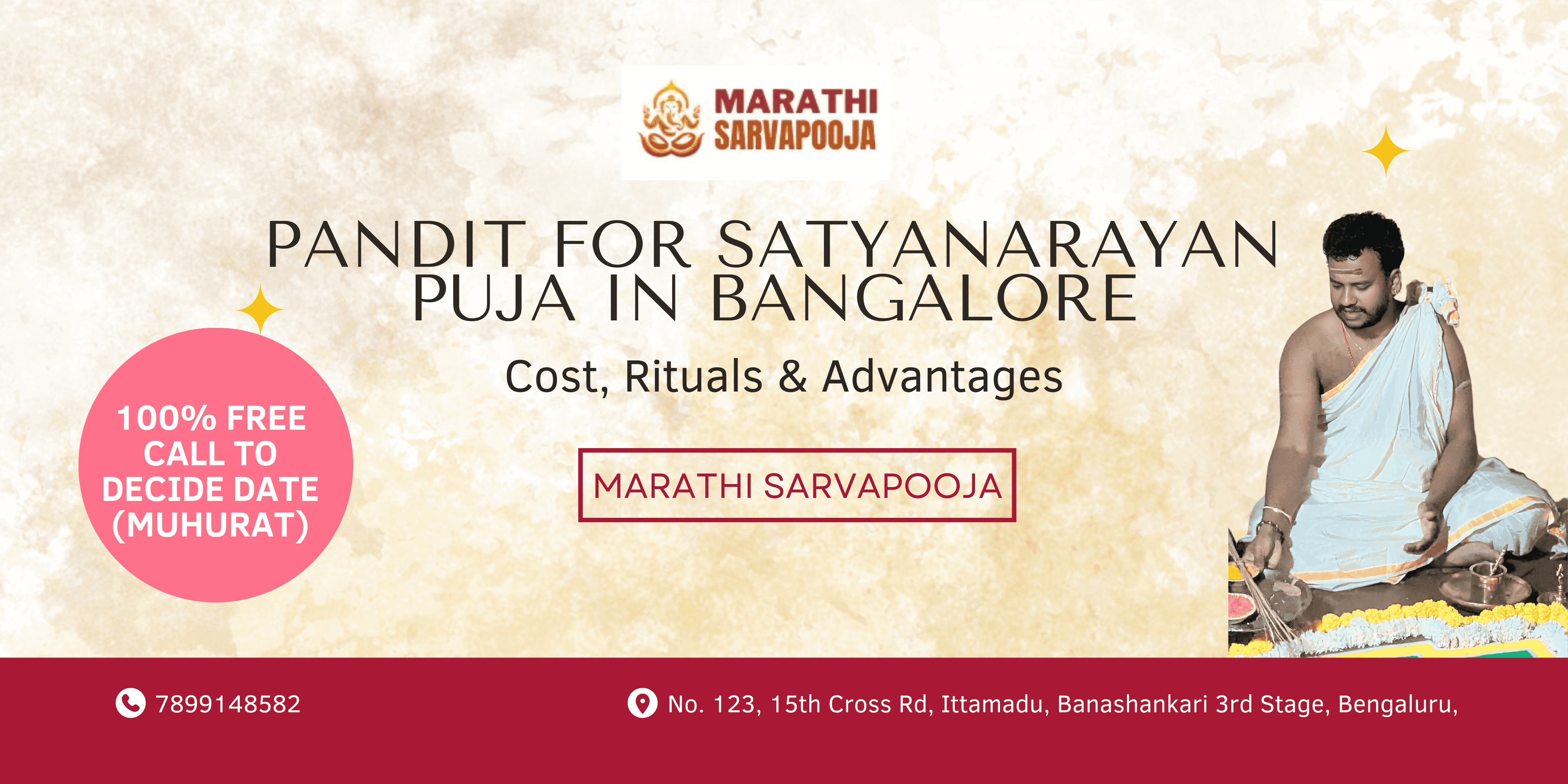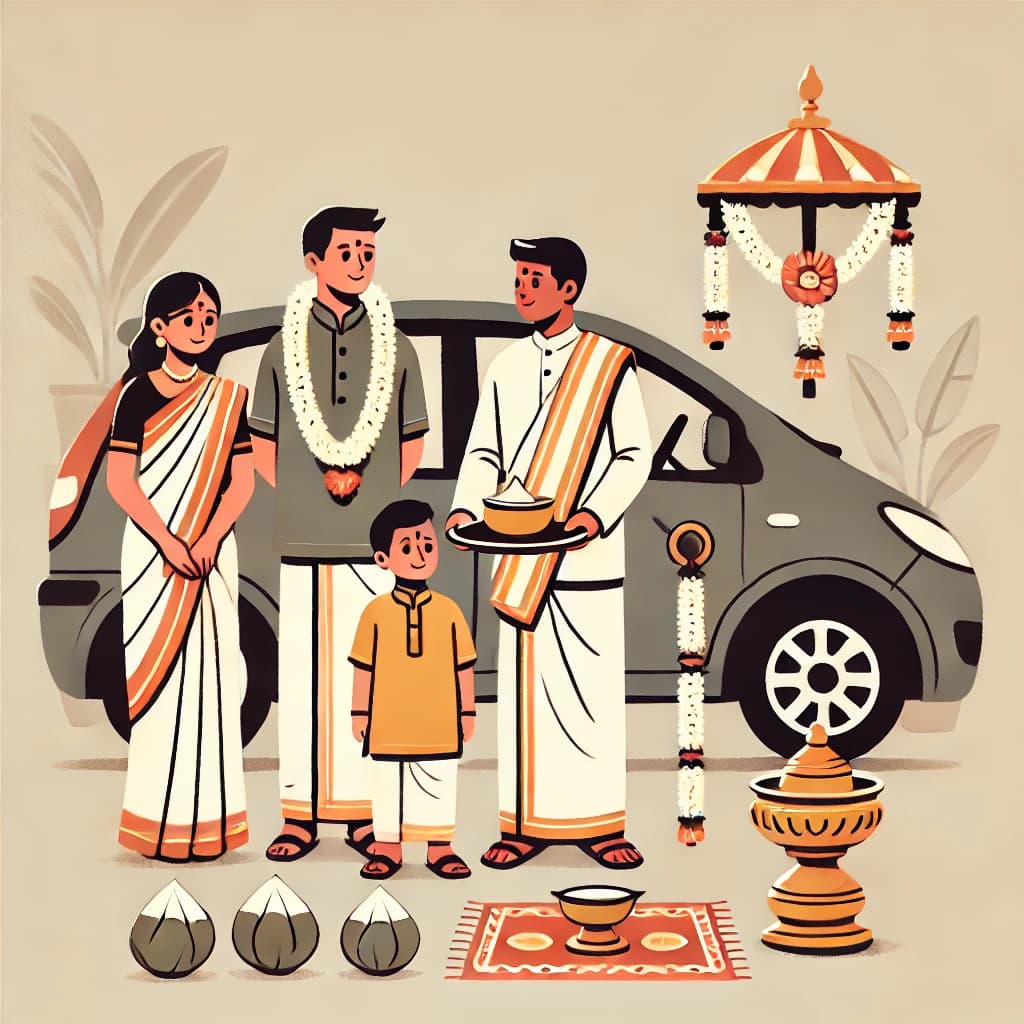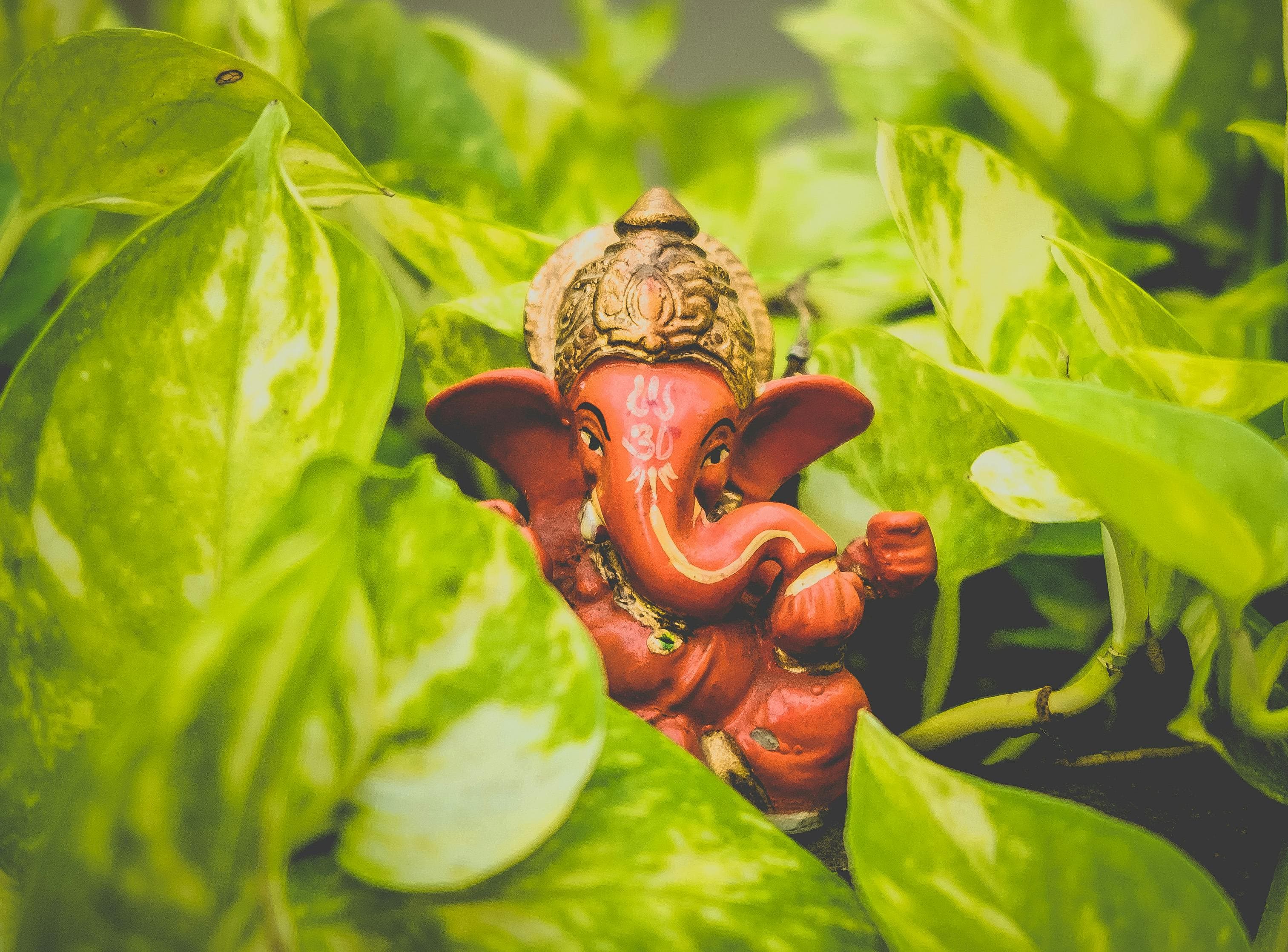Top 10 Hindu Rituals and Their Significance: How to Prepare and What to Expect
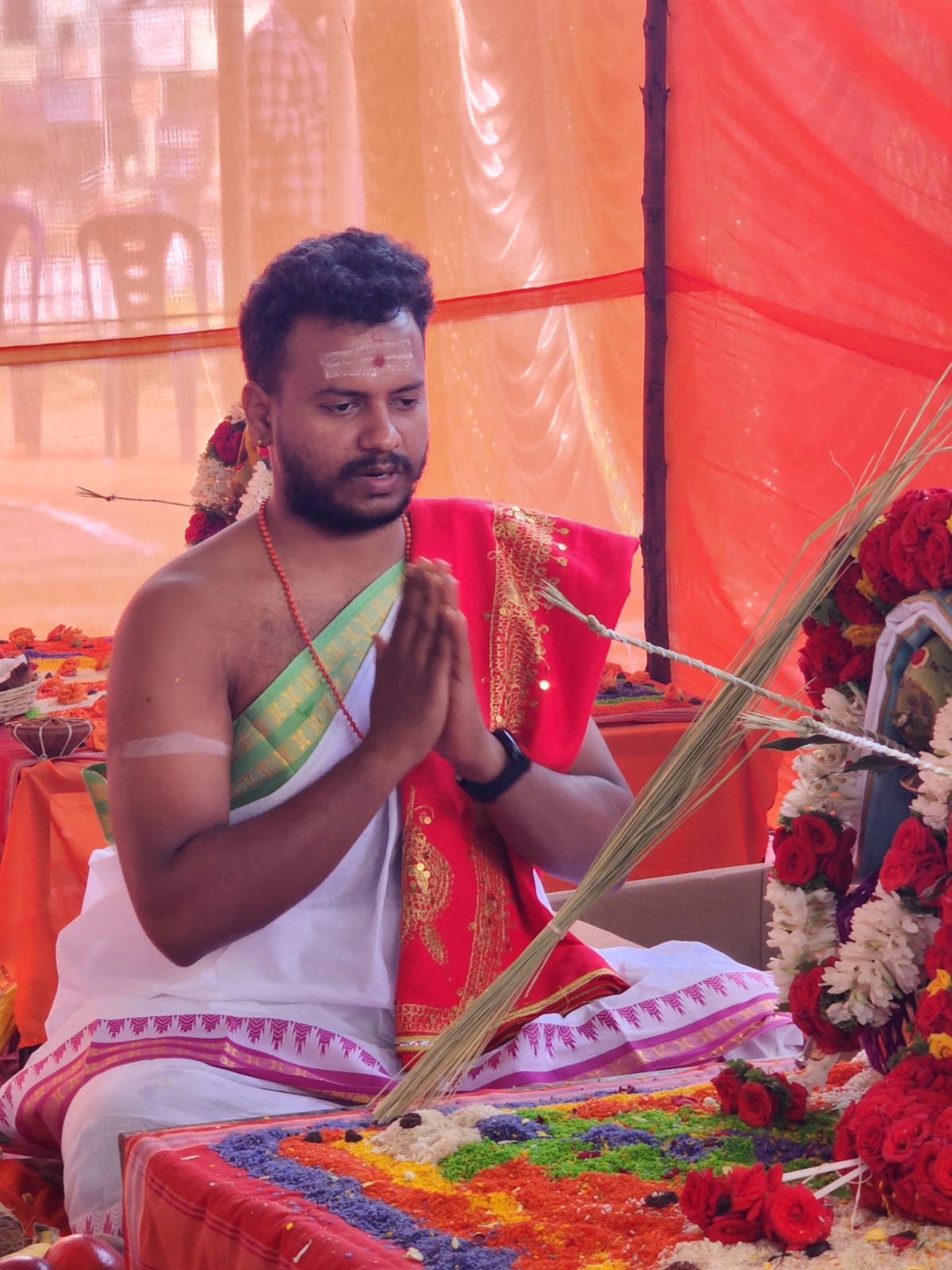
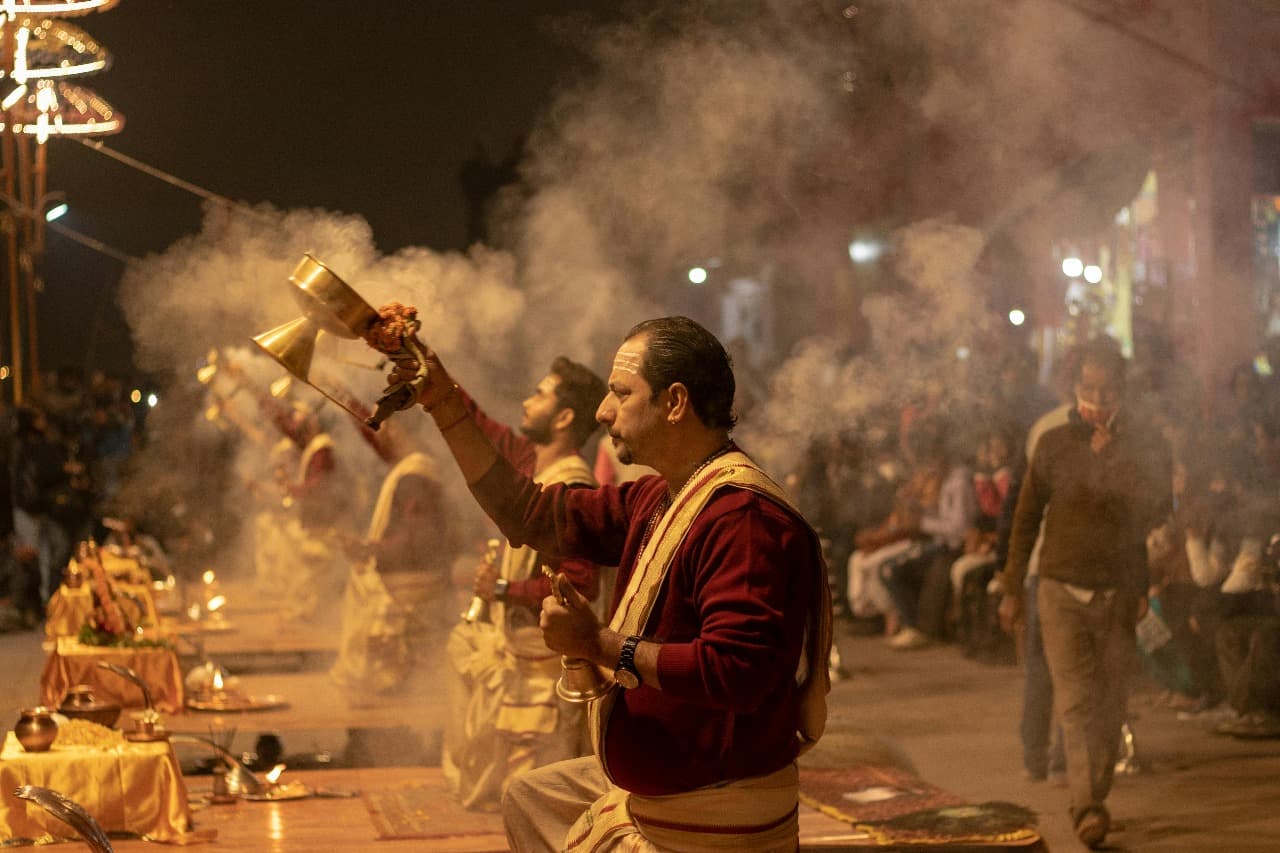

Introduction
Hindu rituals form the backbone of spiritual and cultural practices in Hinduism. Each ceremony holds deep significance and is designed to purify, bless, and bring prosperity. This guide explores the top ten Hindu rituals, their meanings, and how to prepare for them.
1. Ganesh Chaturthi
Ganesh Chaturthi marks the birth of Lord Ganesha, the remover of obstacles. Preparations include installing a Ganesha idol at home, daily prayers, and offerings of modaks and sweets. The festival concludes with visarjan (immersion) of the idol.
2. Navratri
Navratri celebrates the victory of Goddess Durga over evil. It spans nine nights of fasting, prayers, dance (Garba/Dandiya), and concludes with Vijayadashami. Homes are decorated, and devotees observe strict rituals and fasting.
3. Diwali
Diwali, the festival of lights, symbolizes the victory of light over darkness. Preparations include cleaning homes, decorating with rangoli and diyas, and performing Lakshmi Puja to invite prosperity. Families exchange gifts and sweets.
4. Karva Chauth
Married women fast from sunrise to moonrise for the well-being and longevity of their husbands. Preparations include applying henna, dressing in bridal attire, and offering prayers to the moon.
5. Raksha Bandhan
This festival celebrates the bond between brothers and sisters. Sisters tie a rakhi on their brothers' wrists, praying for their protection, while brothers give gifts in return. Preparations include buying rakhis and sweets.
6. Janmashtami
Janmashtami celebrates the birth of Lord Krishna. Devotees fast, sing devotional songs, and re-enact Krishna's life events. Homes and temples are decorated, and midnight prayers mark Krishna's birth hour.
7. Makar Sankranti
Makar Sankranti marks the sun's transition into Capricorn, signifying the end of winter. Celebrations include flying kites, preparing sweets made of sesame seeds and jaggery, and taking holy dips in rivers.
8. Mahashivratri
Mahashivratri is dedicated to Lord Shiva. Devotees fast, chant Shiva mantras, and perform night-long vigils. Preparing for this ritual involves setting up a Shiva lingam and offering bael leaves, milk, and fruits.
9. Holi
Holi, the festival of colors, celebrates the arrival of spring and the victory of good over evil. Preparations involve making traditional sweets like gujiya, collecting colors, and organizing bonfires for Holika Dahan.
10. Pongal
Pongal is a harvest festival in Tamil Nadu. It involves cooking the special dish ‘Pongal’ and offering it to the Sun God. Homes are decorated with kolam, and new clothes are worn.
Conclusion
Understanding and participating in these rituals enriches one's spiritual life and strengthens cultural bonds. Proper preparation ensures that each ritual is performed with devotion and respect, bringing auspiciousness and joy to all involved.
For more insights and to book a pandit for your next ritual, visit Marathi Sarva Pooja.

